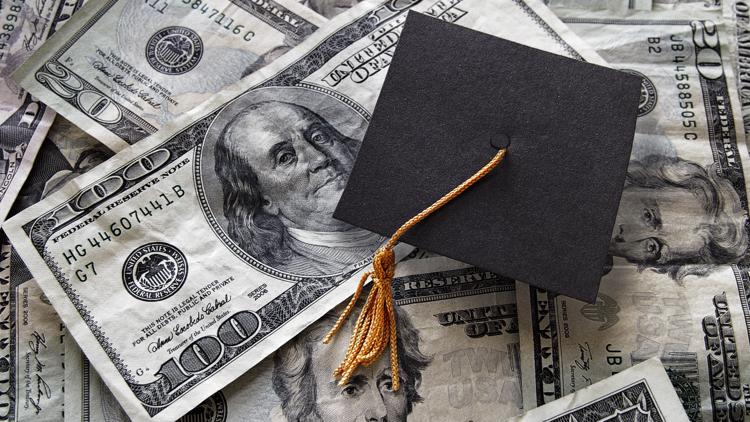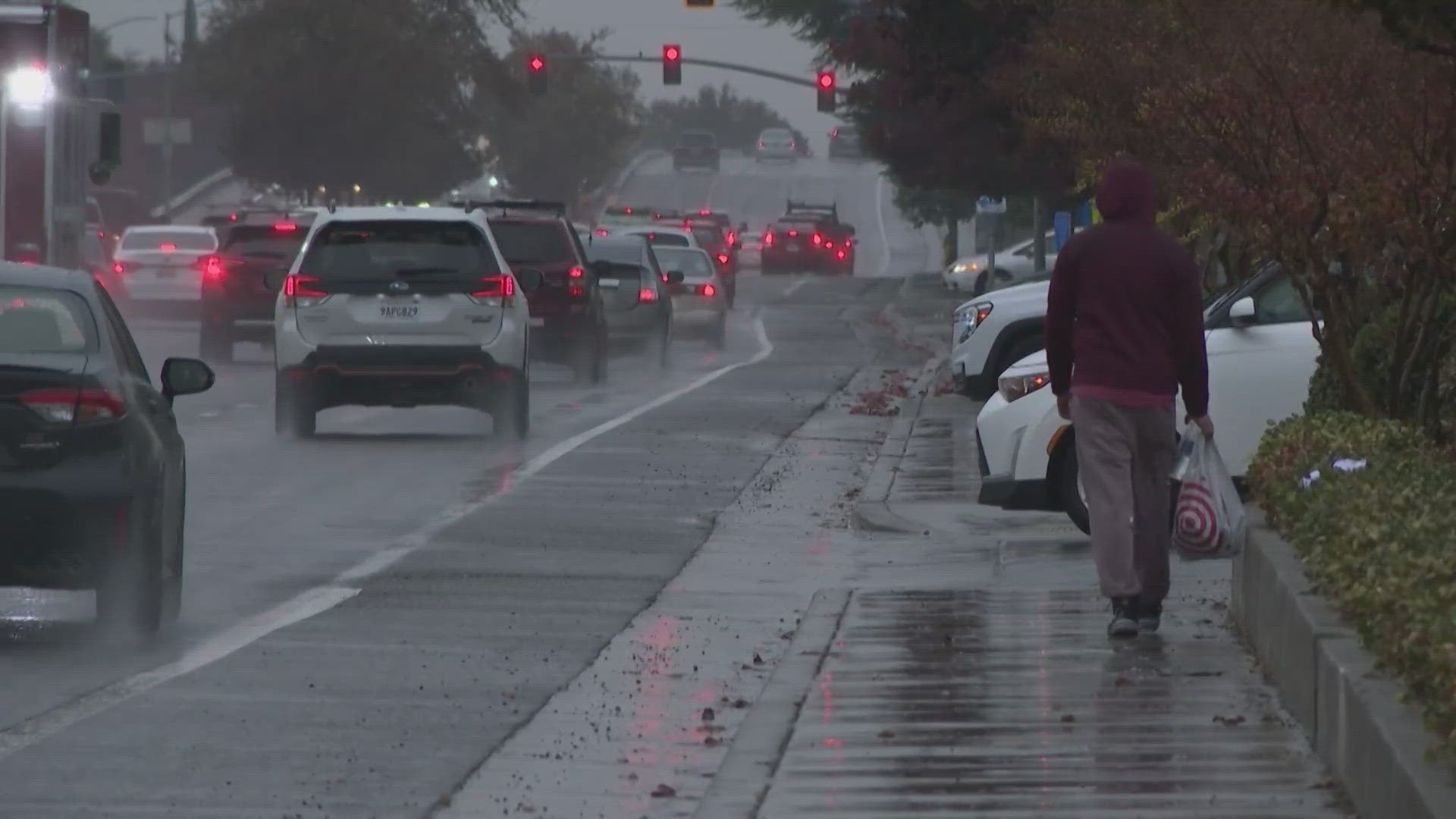UPDATE (6/30/23): The Supreme Court has struck down the Biden administration's one-time student loan forgiveness plan. Loan repayments are expected to resume later this summer. You can read more information here.
The future of student debt relief is currently in the hands of the Supreme Court, which heard arguments in two cases challenging President Joe Biden’s plan on Tuesday, Feb. 28.
The application for federal student loan forgiveness opened in October 2022, nearly two months after the Biden administration first announced the plan. But the rollout has been on hold since November 2022 amid lawsuits aimed at denying debt relief.
Many readers have continued to ask questions about the student debt relief plan in the months since it was put on pause. Here’s what we can VERIFY right now.
THE SOURCES
- U.S. Department of Education
- The White House
- United States Courts
- Supreme Court
- Jessica Thompson, vice president at the Institute for College Access and Success
- Abby Shafroth, director of the Student Loan Borrower Assistance Project at the National Consumer Law Center
WHAT WE FOUND
Who would benefit from Biden’s student loan forgiveness plan?
Biden’s plan would forgive between $10,000 and $20,000 of federal student loan debt for people with annual incomes of less than $125,000 for individual borrowers and less than $250,000 for households.
The $20,000 in student debt relief applies to people who received Pell Grants, which are usually awarded to undergraduate students with exceptional financial need. Unlike student loans, Pell Grants do not have to be repaid except under certain circumstances.
Anyone who didn’t receive a Pell Grant, but meets the income requirements, would receive $10,000 in student debt relief under Biden’s plan.
More from VERIFY: Yes, there is a way to check if you received a Pell Grant
Do Parent PLUS and graduate loans qualify for debt relief under Biden’s plan?
Parent PLUS loans, which are issued to parents of dependent undergraduate students, are meant to supplement other financial aid offers. These borrowers are eligible for student loan forgiveness.
Jessica Thompson, vice president at the Institute for College Access and Success, explained that Parent PLUS loan borrowers would qualify for forgiveness based on their own income and loan, while their children would separately qualify based on the same factors.
Graduate loans are also included in the student debt forgiveness plan.
Are some borrowers excluded from student debt relief?
Borrowers with FFEL Loans and Perkins Loans that aren’t held by the Department of Education are excluded from student debt relief, Abby Shafroth, director of the Student Loan Borrower Assistance Project at the National Consumer Law Center, told VERIFY.
Can borrowers still apply for student loan forgiveness?
Since court orders are currently blocking the student loan forgiveness program, the application is no longer available online.
The application form was removed from the Department of Education’s website on Nov. 11, 2022.
“Courts have issued orders blocking our student debt relief program,” the Department of Education’s website currently reads. “As a result, at this time, we are not accepting applications. We are seeking to overturn those orders.”
In January 2023, the Biden administration said 26 million people had either applied for student debt relief or provided sufficient information to the Department of Education to be deemed eligible for relief. More than 16 million of those applications were approved and sent to loan servicers before the Department of Education was required to stop accepting applications due to lawsuits.
When will the Supreme Court rule on student loan forgiveness?
It’s unclear exactly when borrowers will know the fate of student loan forgiveness, but the Supreme Court’s final decisions on the cases are still months away.
The Supreme Court releases opinions on Mondays in May and June. The Court typically issues all of its decisions before the end of its term in late June.
Are student loan payments still paused?
Federal student loan payments are currently paused while the Supreme Court weighs the debt relief plan.
The pause is set to end 60 days after the court cases are resolved. That means payments would restart again at that time.
If the cases haven’t been resolved by June 30, 2023, payments are scheduled to restart 60 days after that – which would be in late August.
Payments have been paused for borrowers with eligible student loans since March 13, 2020. During the pause, borrowers are not required to make monthly payments and their loans will not accumulate interest.
FFEL Loans and Perkins Loans that aren’t held by the Department of Education have not been included in the payment pause that began in March 2020.
Can some borrowers still receive federal student loan forgiveness if Biden’s plan is rejected?
Some eligible public services workers can still get federal student loan forgiveness through the Public Service Loan Forgiveness program. This program is separate from the Biden administration's debt relief plan.
The Public Service Loan Forgiveness (PSLF) program was created by the College Cost Reduction and Access Act of 2007 during the George W. Bush administration. It forgives the full remaining balance on a qualifying person’s federal student loans after they have made 10 years’ worth of payments (totaling 120 payments).
Borrowers qualify for the PSLF program if they have worked full-time for a federal, state, tribal or local government, the military, or a qualifying nonprofit. People can receive forgiveness under the program if they have had more than one employer over the course of 10 years. There is no income requirement to qualify.
People can search for qualifying employers and receive help applying for the program by using the Department of Education’s online PSLF Help Tool.
The Associated Press and VERIFY staff members contributed to this report.



